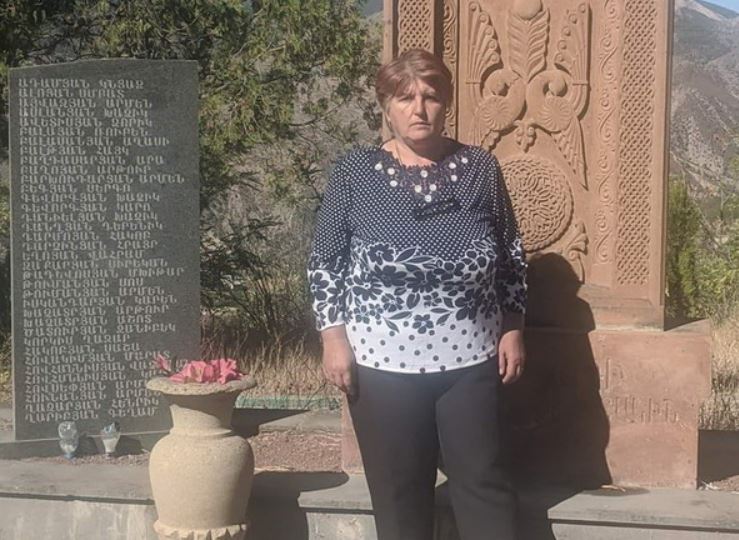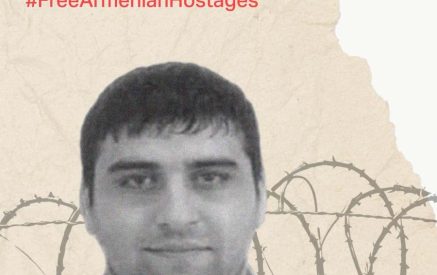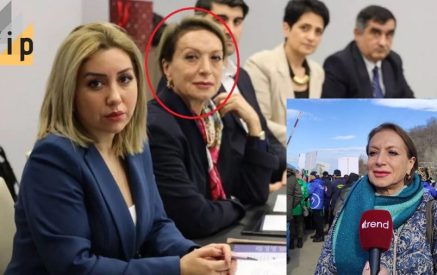The former residents of Berdzor had predicted months ago that the Lachin corridor would be closed by the enemy when they left the neighboring settlements of Lachin. “Back when we were in Berdzor, we told the people of Artsakh: let’s show them not to give the Lachin Corridor, not to give Berdzor, we said tomorrow, the day after they gave it, you won’t be able to go back and forth, you need that road, your are you going to change the road, winter will not be a road, the Turk will close it. We predicted that that road would not work safely as soon as we left. That’s why it was wrong to evict us from there.
The people of Berdzor and Aghavno should not be evicted. We were there as if we had a defense function; we protected all that. We, who were there, could not do such things; they would not be able to do it; how would they do it? And now, what is the point of going down there from Shushi and blocking the road for them? Let me tell you that it will continue. They will block the road, cut off the gas, and do many other bad things whenever they want. First, they took us out prematurely; we still had a year and a half to stay there. After three years, it had to be decided to build an alternative road,” said Satik Asatryan, a former resident of Berdzor, in an interview with Aravot.am.
Satik Asatryan from Berdzor, who moved to Malishka village in Vayots Dzor, was thinking of returning to Artsakh with her husband and resettling there before the closure of the Lachin corridor.
Still, after these recent events, she has fears. She told us that she often wondered what would happen if the residents of Artsakh also showed up and protested against the Azerbaijani “environmentalists” who closed the Lachin Corridor. But when she found out that they were fighting to keep the Lachin Corridor closed by the special services of Azerbaijan in civilian clothes, she realized that the population of Artsakh is better not to mix.
Read also
“There will be a collision. You may have noticed their soldiers standing above. Those standing there are not ordinary people like us; there are servants in ordinary civilian clothes among them. Therefore, to resist them means a war. Russia took it, promised to protect the road, make sure it was safe, and let the Russians think about removing them from there. Everything depends on the Russians; if they want it, they will open the road; if not, the road won’t be opened.”
Arpine SIMONYAN


























































